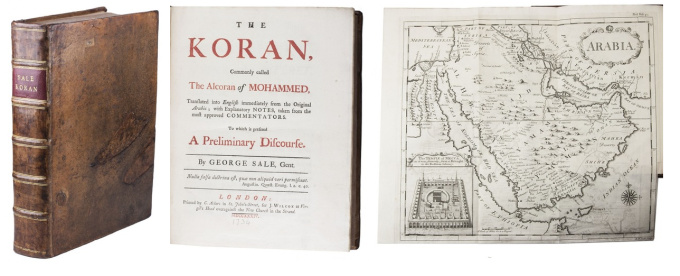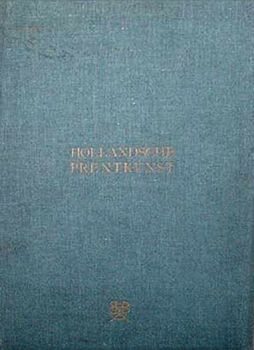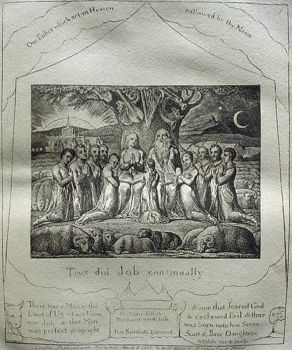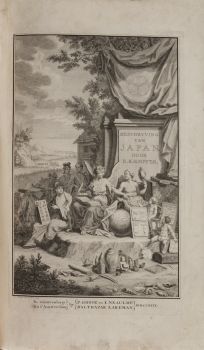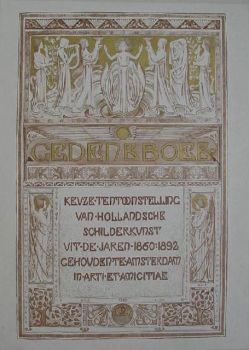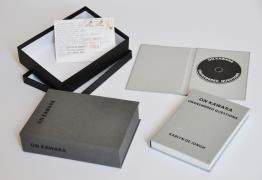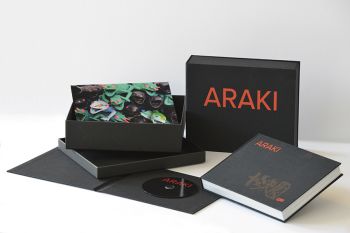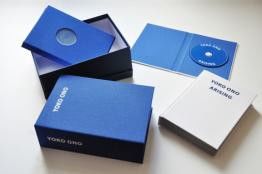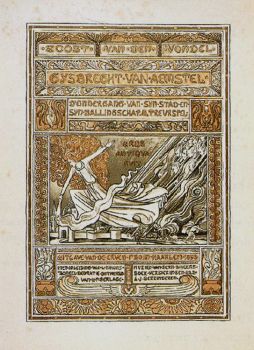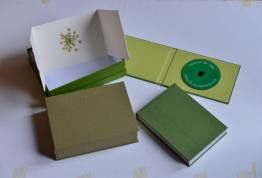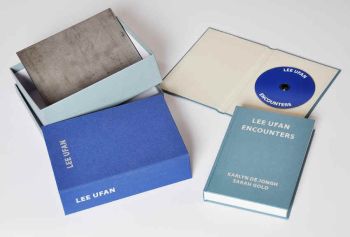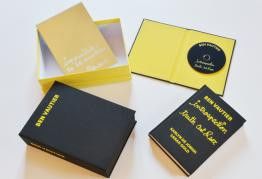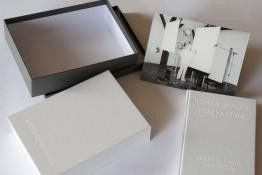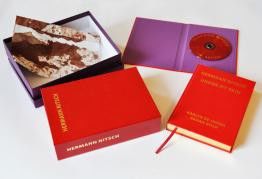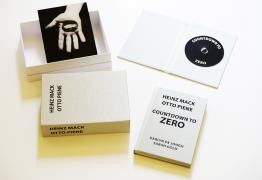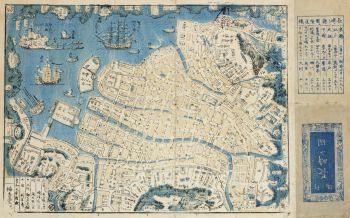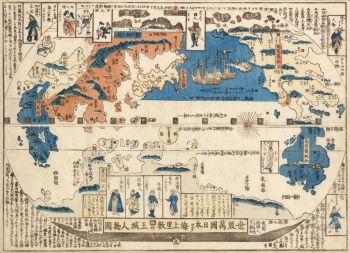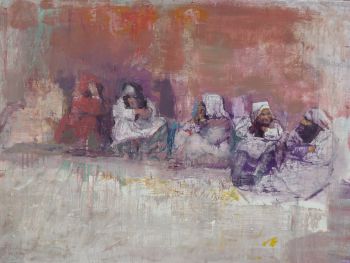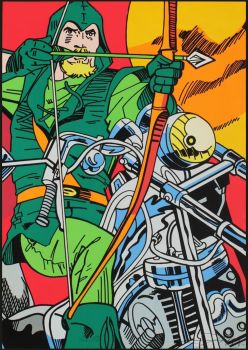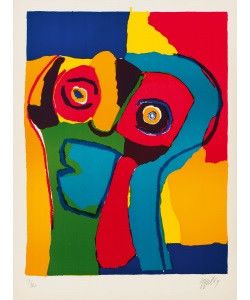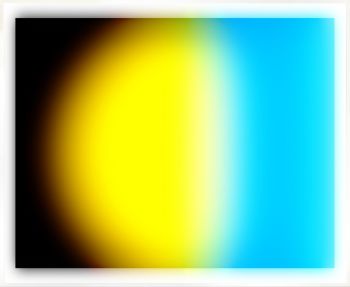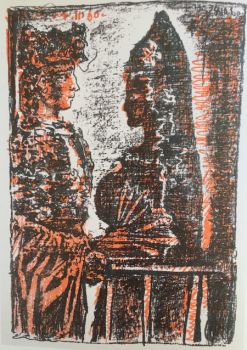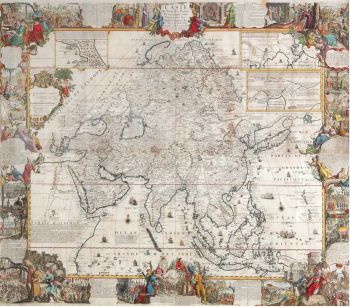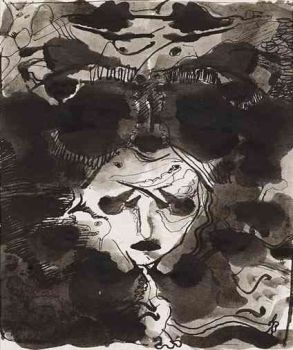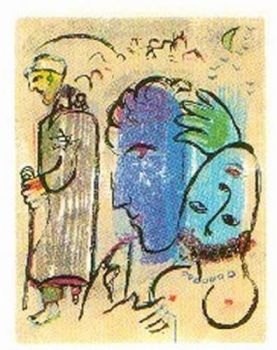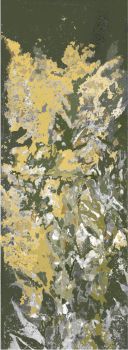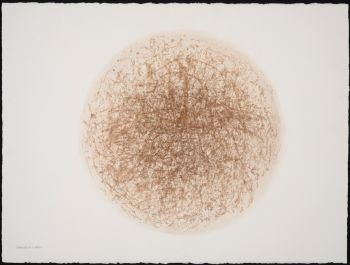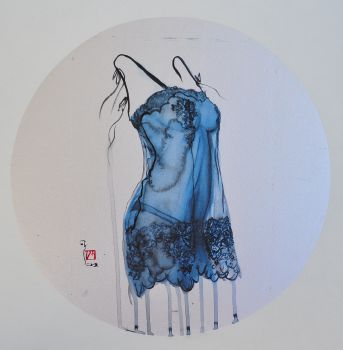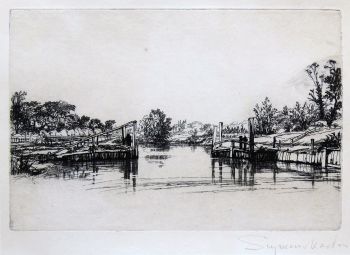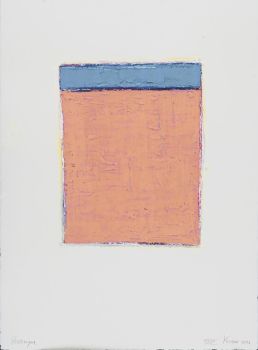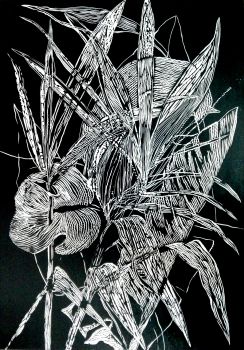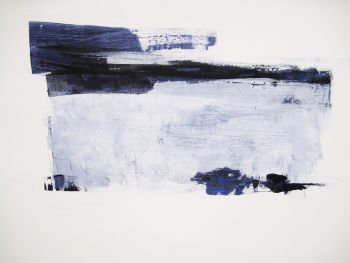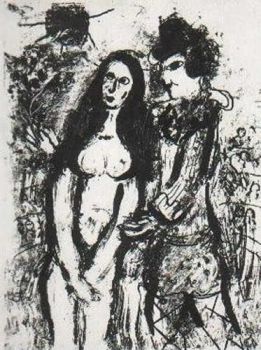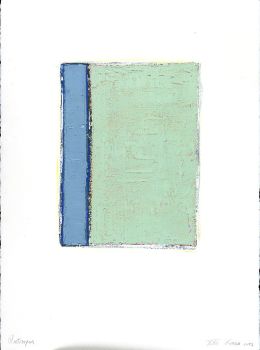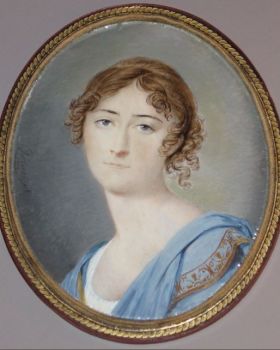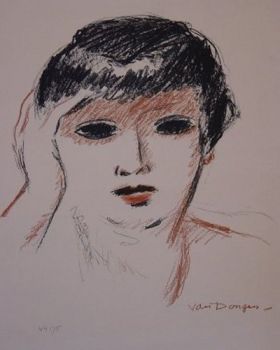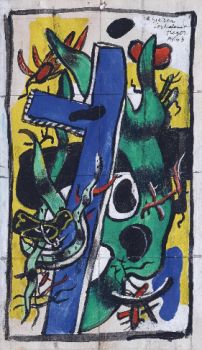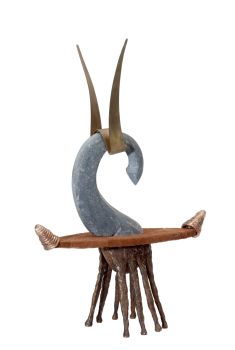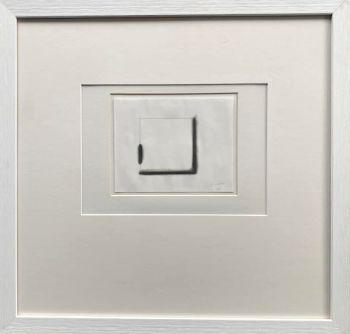The first English Quran to be translated directly from the Arabic, still highly regarded 1734
George Sale
InchiostroCartaPelle
ConditionExcellent
Attualmente non disponibile tramite Gallerease
- A proposito di opere d'arteThe Koran, commonly called the Alcoran of Mohammed, ...
London, Charles Ackers for John Wilcox, 1734. Large 4to (25.5 x 20.5 cm). With 5 engraved plates: a large folding map of the Arabian peninsula (with an inset view of the "Temple at Mecca"), a folding plan and view of the "Temple at Mecca", and 3 family trees (2 folding). Contemporary calf, gold-tooled board edges. Rebacked.
First edition of the first English Quran to be translated directly from the Arabic: a landmark not only in efforts to bring an accurate version of the Quran to the English-speaking world, but also in Western Quranic studies in general. It also includes Sale's 7-page note to the reader, with criticisms of earlier translations into English and other languages, his 187-page preliminary discourse bringing together a wealth of information about Islamic culture, and valuable scholarly footnotes, including material from the Islamic commentaries of al-Baydawi and al-Suyuti. Holt notes his "enlightened and objective attitude" in sharp contrast with most Western Arabists of his day or earlier: "His freedom from religious prejudice …, his obvious conviction that Arabic writers were the best source of Arab history, and Muslim commentators the fittest to expound the Quran, marks an enormous advance …". Sale's English translation remains highly regarded today.
In fine condition and only slightly trimmed. The binding is rebacked and has several restorations, but is otherwise good and remains structurally sound. A landmark edition of the Qur'an and the first good English translation.
Fück, Die Arabischen studien, p. 104; P.M. Holt, Studies in the history of the Near East (1973), pp. 57-60; Schnurrer, p. 429. - A proposito di opere artistaGeorge Sale nacque a Canterbury nel 1697 e morì nella City of Westminster nel 1736. Studiò alla King's School di Canterbury e nel 1720 divenne allievo dell'Inner Temple. È noto che si è formato come avvocato nei suoi primi anni, ma ha preso tempo per studiare le lingue orientali e altre, sia antiche che moderne. Nel 1734, Sale pubblicò la traduzione del Corano, fornendo numerose note e una conoscenza approfondita degli usi, dei costumi, delle tradizioni e delle leggi orientali. La traduzione di Sale del Corano è stata ristampata in tempi moderni. Sale fu anche un correttore del Nuovo Testamento arabo (1726) emesso dalla Society for Promoting Christian Knowledge. Ha acquisito una biblioteca con preziosi manoscritti rari di origini persiane, turche e arabe (che ora si trova nella Bodleian Library, Oxford). Sale è stato uno dei primi membri della Società per la promozione della conoscenza cristiana. Morì a Surrey Street, The Strand, il 13 novembre 1736. Sale fu sepolto a St. Clement Danes.
Artwork details
Categoria
Soggetto
Materiale e Tecnica
Related artworks
Engelbert Kaempfer
IL LIBRO DI ENGELBERT KAEMPFER1651 - 1716
Prezzo su richiestaZebregs & Röell - Fine Art - Antiques
Antonie Derkinderen
Memory book Exhibition of Dutch Painting1892
Prezzo su richiestaKunsthandel Pygmalion
Antonie Derkinderen
Memory book Exhibition of Dutch Painting1892
Prezzo su richiestaKunsthandel Pygmalion
Yoko Ono
YOKO ONO: "ARISING" SIGNED BOOK PLUS SMALL ARTWORK 2010 - 2014
Prezzo su richiestaGallerease Selected
Engelbert Kaempfer
IL LIBRO DI ENGELBERT KAEMPFER1651 - 1716
Prezzo su richiestaZebregs & Röell - Fine Art - Antiques
Hermann Nitsch
"UNDER MY SKIN" Signed book incl. small artwork and DVD in a matching box2010 - 2014
Prezzo su richiestaGallerease Selected
1 - 4 / 20- 1 - 3 / 3
Artista Sconosciuto
A large wall map of Asia by Nicolas de Fer 1647 - 1720
Prezzo su richiestaZebregs & Röell - Fine Art - Antiques
1 - 4 / 24

